A seller concession is a financial incentive offered by a seller to a buyer in a real estate transaction. This can take the form of a credit towards closing costs, a reduction in the purchase price, or some other form of financial assistance. Seller concessions are a common feature of real estate transactions, especially in a buyer’s market where there is more competition among sellers.
There are several reasons why a seller might offer concessions to a buyer. One reason is to make the property more attractive to buyers. In a competitive market, a seller may be willing to offer concessions to stand out from other listings and entice buyers to choose their property.
Another reason is to help the buyer afford the property. With rising housing prices and stricter lending standards, it can be difficult for some buyers to come up with the necessary funds to close a real estate transaction. Seller concessions can help offset some of these costs and make it easier for buyers to afford the home.
Seller concessions can also be used to smooth out the negotiation process. If the buyer and seller are far apart on the purchase price, concessions can help bridge the gap and bring the two parties closer to an agreement.
There are a few different types of seller concessions that a seller might offer. One type is a credit towards closing costs. This is a dollar amount that the seller agrees to pay on behalf of the buyer to cover some of the costs associated with closing the transaction.
Another type of concession is a reduction in the purchase price. This is exactly what it sounds like – the seller agrees to lower the price of the property in exchange for the buyer agreeing to purchase it.
Other types of concessions might include things like paying for a home warranty or including appliances or other personal property in the sale of the home.
Seller concessions can be a useful tool for both buyers and sellers in a real estate transaction. For buyers, they can help make the home more affordable and reduce the out-of-pocket costs associated with buying a home. For sellers, concessions can be a way to make their property more attractive to buyers and stand out in a competitive market.
It’s important to note that seller concessions are not without limitations. There are limits on the amount of concessions that a seller can offer, and these limits vary depending on the type of loan the buyer is using to finance the purchase. For example, the Federal Housing Administration (FHA) has a limit on the amount of concessions a seller can offer to a buyer using an FHA loan.
If you are a buyer considering a property with seller concessions, it’s important to carefully review the terms of the concessions and understand the limitations that may apply. You should also consult with your real estate agent and mortgage lender to get a better understanding of the impact that concessions will have on your financing and overall cost of the home.
In summary, seller concessions can be a useful tool for both buyers and sellers in a real estate transaction. They can help make the home more affordable for buyers and make the property more attractive to buyers for sellers. However, it’s important to carefully review the terms of any concessions offered and understand any limitations that may apply.




